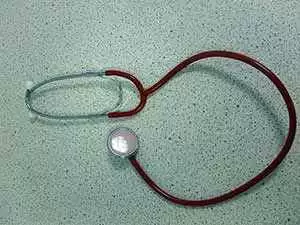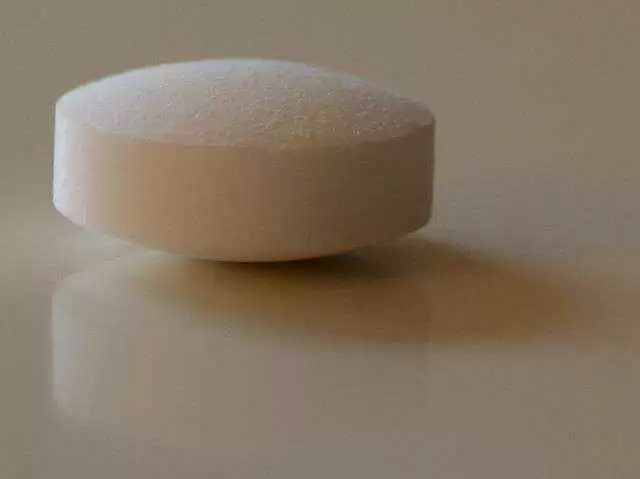Celiac.com 09/07/2012 - Many people with celiac disease will tell you that getting a proper diagnosis is just part of the battle. Maintaining a strict gluten-free diet, and getting adequate medical follow-up care can be nearly as challenging as getting a proper diagnosis.
 A group of researchers, led by Joseph A. Murray, MD, AGAF, of Mayo Clinic, confirms that assessment in a new study. The study appears in Clinical Gastroenterology and Hepatology, and shows that follow-up care for patients with celiac disease is often poor and inconsistent.
A group of researchers, led by Joseph A. Murray, MD, AGAF, of Mayo Clinic, confirms that assessment in a new study. The study appears in Clinical Gastroenterology and Hepatology, and shows that follow-up care for patients with celiac disease is often poor and inconsistent.
Celiac.com Sponsor (A12):
For their study, researchers collected data on 122 patients diagnosed with celiac disease between 1996 and 2006 in Olmsted County, MN. The patients were 70 percent women, and averaged 42 years of age.
The researchers then calculated the rates at which patients were given follow-up exams from six months to five years after celiac disease diagnosis.
Of the 113 patients the study followed for more than four years, only 35 percent received follow-up analyses that met AGA guidelines. The other patients did not receive medical follow-up that met "even the most lax interpretation of current guidelines,” said Dr. Murray.
The researchers used the Kaplan-Meier method to estimate event rates at 1 and 5 years. They classified patients according to categories of follow-up procedures recommended by the American Gastroenterological Association (AGA).
The study shows that even with widespread circulation of follow-up recommendations, plenty of patients are not getting proper follow-up for celiac disease.
According to Dr. Murray, gastroenterologists with the expertise in celiac disease need to encourage active follow-up of celiac patients and improve their overall quality of medical care.
Basically, says Dr. Murray, celiac disease "should not be different from other chronic conditions for which medical follow up is a given such as liver disease, inflammatory bowel disease or even gastroesophageal reflux disease."
Anecdotally, many patients with celiac disease feel that they must manage celiac disease on their own,” Murray adds, pointing out that it is important for doctors and patients to understand the need for proper medical follow-up of celiac disease.
The authors note that, since gastroenterologists are leading the way in the detection of celiac disease, and since it is a chronic condition, with possible long-term complications, improved communication between gastroenterologists and patients can help to ensure that patients get important follow-up care, and thus improve outcomes in celiac disease.
What are your thoughts? Do you feel that you've gotten adequate follow-up care for your celiac disease? Share your comments below.
Source:
- Open Original Shared Link








Recommended Comments